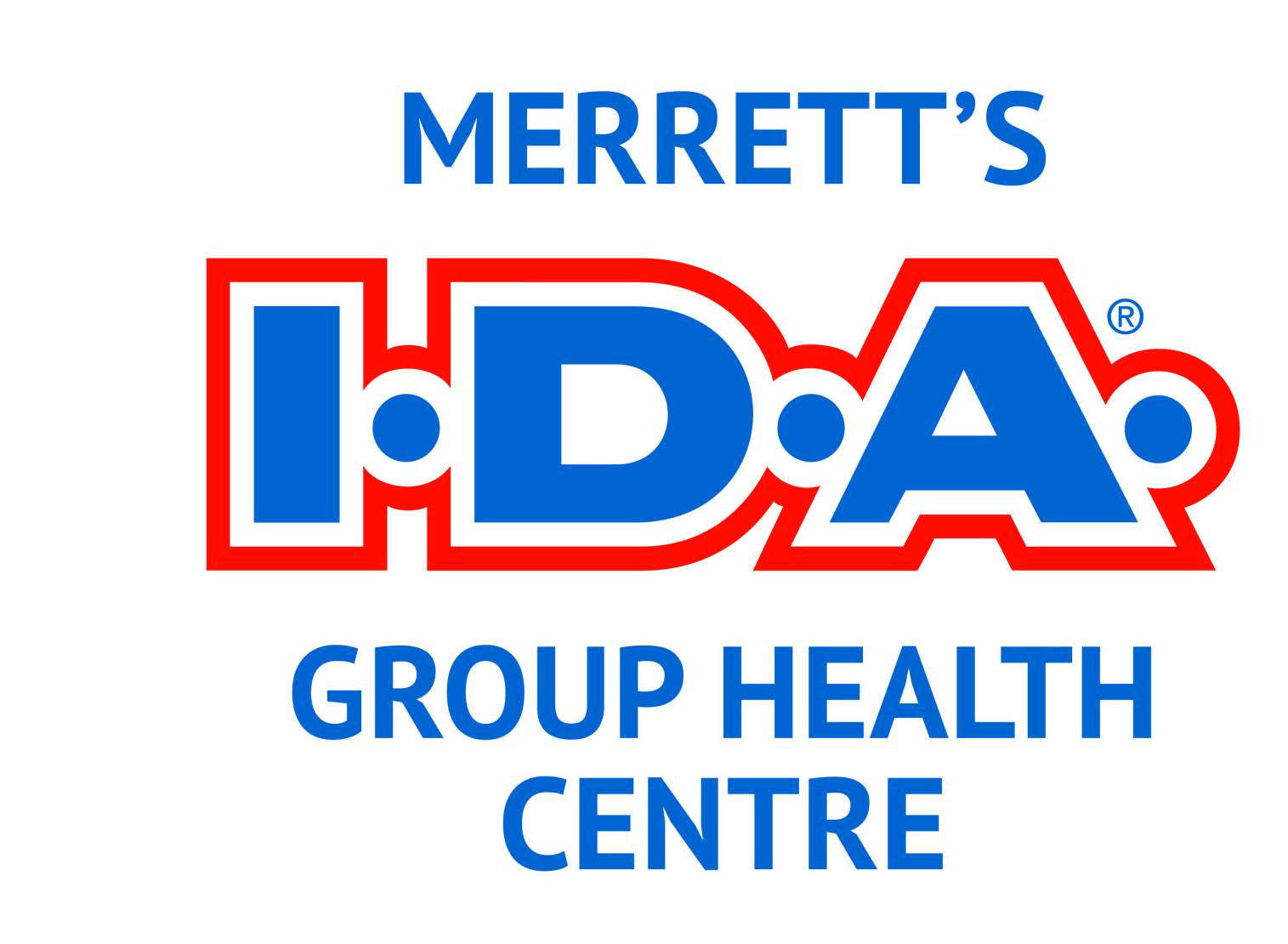Vitamin & Mineral Differences
ARE YOU AT RISK OF VITAMIN OR MINERAL DEFICIENCIES?
- DEFICIENCY LINKED TO INSUFFICIENT DIETARY INTAKE
The risk of vitamin and mineral deficiency is higher among people who do not eat a balanced diet, or who avoid certain food groups altogether, either by necessity or by choice. Here are a few examples:
- Vegans and vegetarians: May suffer from vitamin B12 or iron deficiencies due to the absence or low consumption of foods of animal origin.
- People who consume few or no dairy products, for example those who are allergic to milk proteins or who are lactose-intolerant, are at increased risk of calcium deficiency.
- Older adults, especially those living alone: May not have sufficient dietary intake due to lack of appetite, limited budget, or challenges in preparing balanced meals, which may eventually lead to various deficiencies.
- DEFICIENCIES LINKED TO A MEDICAL PROBLEM OR TREATMENT
Sometimes a deficiency may not be linked to a diet low in vitamins or minerals, but rather to a disease or medical treatment that prevents the body from absorbing or making proper use of these essential nutrients.
- Certain gastrointestinal illnesses, including Crohn’s disease, can interfere with the absorption of vitamins or minerals, for example, vitamin B12, folic acid, and iron.
- Very heavy menstrual bleeding can lead to iron deficiency.
- Excessive consumption of alcohol (alcoholism) can interfere with the absorption of vitamins or minerals, or lower the body’s ability to store them, which can result in a number of deficiencies (vitamin B complex, magnesium, calcium, etc.).
- Eating disorders like anorexia can lead to serious deficiencies in a number of vitamins and minerals due to the excessive dietary restrictions that anorexics place on themselves.
Some medicines can also prevent the absorption of certain minerals contained in foods, including calcium and iron. Others can block or lower the production of certain vitamins, or cause the body to flush them out. These effects can usually be avoided with an adjustment in medication.
- THE RIGHT SUPPLEMENT AT THE RIGHT DOSE
If your doctor detects a deficiency, he or she will prescribe a supplement and specify the dose you will need to take to replenish your body’s reserves. Once your levels are back up to normal, you may or may not be able to stop taking the supplement, depending on whether the cause of the deficiency has been eliminated.
Your pharmacist plays a key role in ensuring that your supplements don’t interfere with any other medications you may be taking, so it is important to follow their recommendations.
If you have concerns about your intake of vitamins or minerals, talk to your pharmacist.
